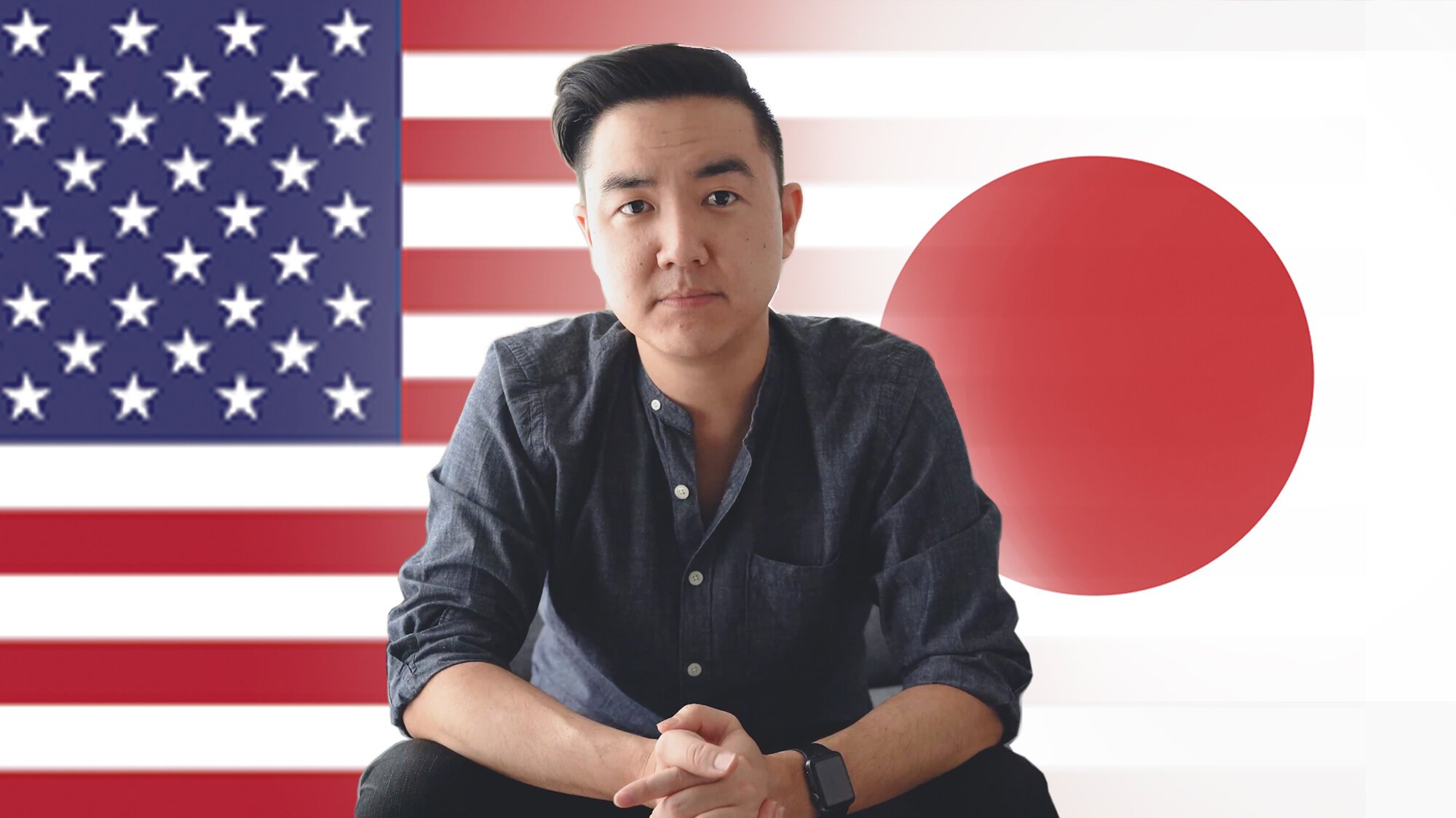Living in Japan as a Japanese-American
There is no universal experience living in Japan as a foreigner.
A lot of the perspectives being shared out there come from those who are more obviously foreign, but what about the perspectives of Asian foreigners? And in particular, what about those who are Japanese by blood?
I fall into that category.
To give you some context on me, I’m a 4th generation Japanese-American, which means my great-grandparents immigrated to from Japan to the US.
I grew up in Honolulu, Hawaii, which has a lot of Asian influence and a lot of Japanese influence. After high school, I moved around on the US West coast before moving to Japan. I first lived in a small area of Fukuoka prefecture before moving to Tokyo, so I have the experience of both environments.
Japanese, but altered.
One of the things I realized while living in Japan was that what some things that I had known to be Japanese in the US, was sometimes old or not Japanese at all.
Names for example. Many of my Japanese-American friends have Japanese middle names. I found out that a lot of those names are very old, likely because those were the names common during the time that our ancestors immigrated.
Yakudoshi was another. Growing up in Hawaii, I was under the impression that they were special years and people would have Yakudoshi parties. In Japan, I found out that they’re a set of bad luck years and are not to be celebrated. Going to a temple or shrine to pray about it is more common.
American, but…
The degree to which people in Japan can understand and accept you varies from person to person, and more generally, rural and city environments play a factor. People in the cities are more likely to have had some experience with foreigners or traveling abroad.
The different between ethnicity and nationality isn’t one that’s easily understood. Japan, after all, is not all that diverse.
I’ve come across people who easily understood my background and others who could not comprehend it even if their life depended on it.
In general, there is always a “but”, or explanation that needs to happen after saying that I’m American. This can be that I have Japanese blood or that I’m from Hawaii. I don’t really get the simple “Oh ok”as a Caucasian person would after saying they’re American.
Invisible foreigner
I’ve never been stared at (unless I deserved it), never had people fascinated by my hair, never been immediately refused service. This tends to be different from the experience a lot of more obvious foreigners have.
On the other hand, I’ve never been given special treatment for photo ops, never had Japanese people running to talk to me so they can practice conversations, and never got put on camera during English summer camps with foreign teachers when I used to teach.
This ability to blend in better and almost be an invisible foreigner has its advantages and disadvantages.
I made a video talking about my experience living in Japan as a Japanese-American. If you’re interested, please take a look: Living in Japan as a Japanese-American




Here are some common challenges American expats may face when moving back to the U.S., based on my personal experience.